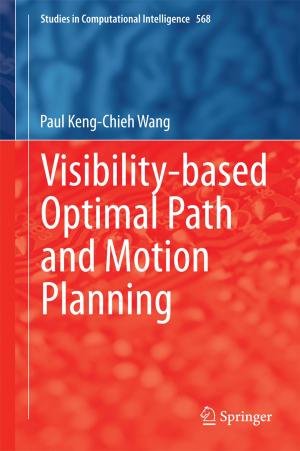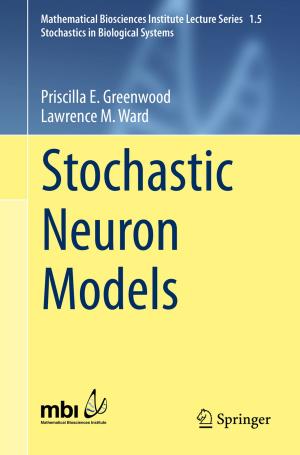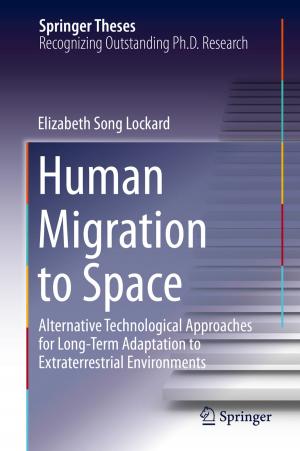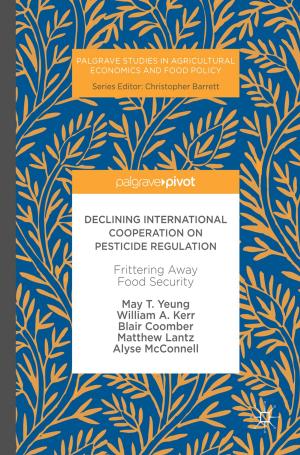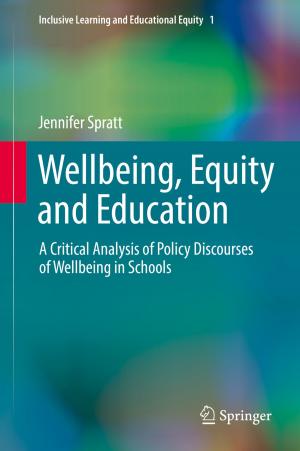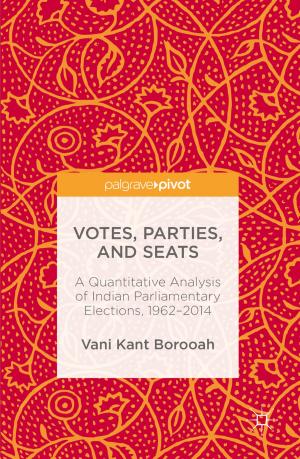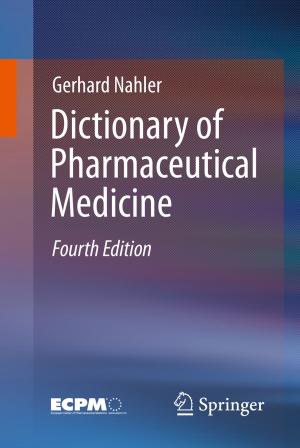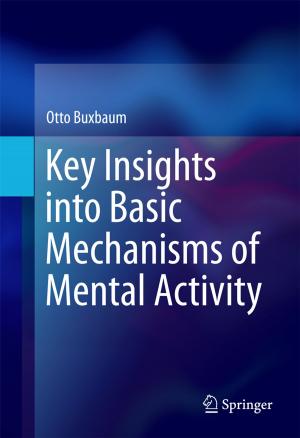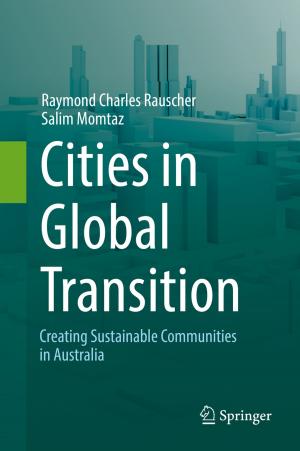Explaining White-Collar Crime
The Concept of Convenience in Financial Crime Investigations
Nonfiction, Reference & Language, Law, Criminal law, Social & Cultural Studies, Social Science, Crimes & Criminals, Criminology| Author: | Petter Gottschalk | ISBN: | 9783319449869 |
| Publisher: | Springer International Publishing | Publication: | October 27, 2016 |
| Imprint: | Palgrave Macmillan | Language: | English |
| Author: | Petter Gottschalk |
| ISBN: | 9783319449869 |
| Publisher: | Springer International Publishing |
| Publication: | October 27, 2016 |
| Imprint: | Palgrave Macmillan |
| Language: | English |
This book introduces 'convenience' as the key concept to explain financial crime by white-collar criminals. Based on a number of fraud examination- reports from the United States and Norway, the book documents empirical evidence of convenience among white-collar criminals. It advances our understanding of white-collar crime by drawing attention to private investigation reports by fraud examiners and financial crime specialists, who are in the growing business of fraud investigations. Reports of investigations have never before been researched in terms of white-collar criminals nor crime convenience. Reports of investigations by auditing and law firms represent a valuable empirical basis – in addition to court documents and other sources of information about financial crime. A methodical and well-researched study, this book will be of particular interest to scholars of criminological theory and law – in addition to ethics courses in business schools.
This book introduces 'convenience' as the key concept to explain financial crime by white-collar criminals. Based on a number of fraud examination- reports from the United States and Norway, the book documents empirical evidence of convenience among white-collar criminals. It advances our understanding of white-collar crime by drawing attention to private investigation reports by fraud examiners and financial crime specialists, who are in the growing business of fraud investigations. Reports of investigations have never before been researched in terms of white-collar criminals nor crime convenience. Reports of investigations by auditing and law firms represent a valuable empirical basis – in addition to court documents and other sources of information about financial crime. A methodical and well-researched study, this book will be of particular interest to scholars of criminological theory and law – in addition to ethics courses in business schools.


